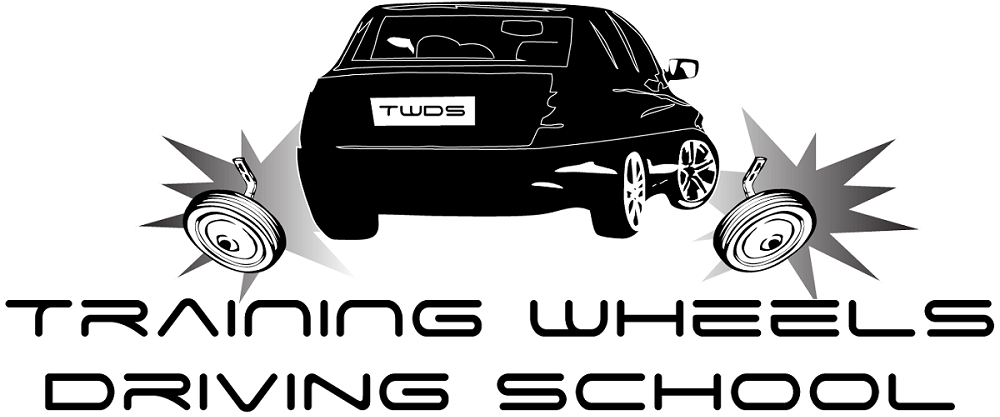It can be easy for car owners to take their brakes for granted, assuming they will always be available when we need them without any extra help from us. The only time car owners really think about their brakes is when they notice they aren’t performing as well as they did previously, or distinguishable sounds can be heard during braking. In fact, most auto repair shops say that “brake noises” are among the most common complaints they hear from their customers. Brake noises may be annoying first and foremost, but they may also be a sign of an ongoing issue with the brakes themselves that needs to be addressed as soon as possible. For those who hear one of the following strange noises whenever they use their brakes, they need to get the car to the shop.
Grinding Noise
If you’re driving along and you hear an unusual grinding noise whenever you hit the brakes, you need to stop driving as soon as you’re able, so that a licensed technician can inspect the vehicle. The metal to metal grinding sound that’s being emitted is due to your brake pads either being gone and worn down entirely. As with bars of soap, a car’s brake pads will wear away after prolonged use. Fortunately, it’s fairly easy to replace the brake pads in a vehicle compared to changing out rotors or drums.
Thumping Noise
Thumping noises can be harder to diagnose, but the main culprit is most likely your rear drums. After excessive usage, brake drums may become warped, thereby causing that “thumping” noise. This sound may get on people’s nerves, but it’s usually fixed by simply changing out the rear drums. Also, when the brakes are hot from use, driving through large puddles can lead to the rotors and drums warping, causing a thumping noise.
Squeaking Noise
Among all the noises your brakes might make, “squeaking” noises are perhaps the most common. In fact, they’re not only common, but they’re also intentional most of the time. Squeaking noises are most likely the result of one of two issues—worn brakes or cheap brakes. Cheap brake pads comprise of metal flakes, which can drag on the rotor and cause a squeaking noise. Brake pads also have wear indicators that rub on the rotor when the brake pads have worn to a certain point. Either way, the squeaking noise means the brakes need replacing immediately.
Now that you have an idea of what these various brake noises mean, if you hear any of them or others you suspect are brake-related, don’t hesitate to get your car looked at.
Think you or someone you know is in need of Behind the Wheel Training? Training Wheels is an Atlantic City driving school specializing in teaching new teen drivers how to stay safe on the road. For more information on our lessons, please click here.
Copyright: gischtlibu / 123RF Stock Photo

